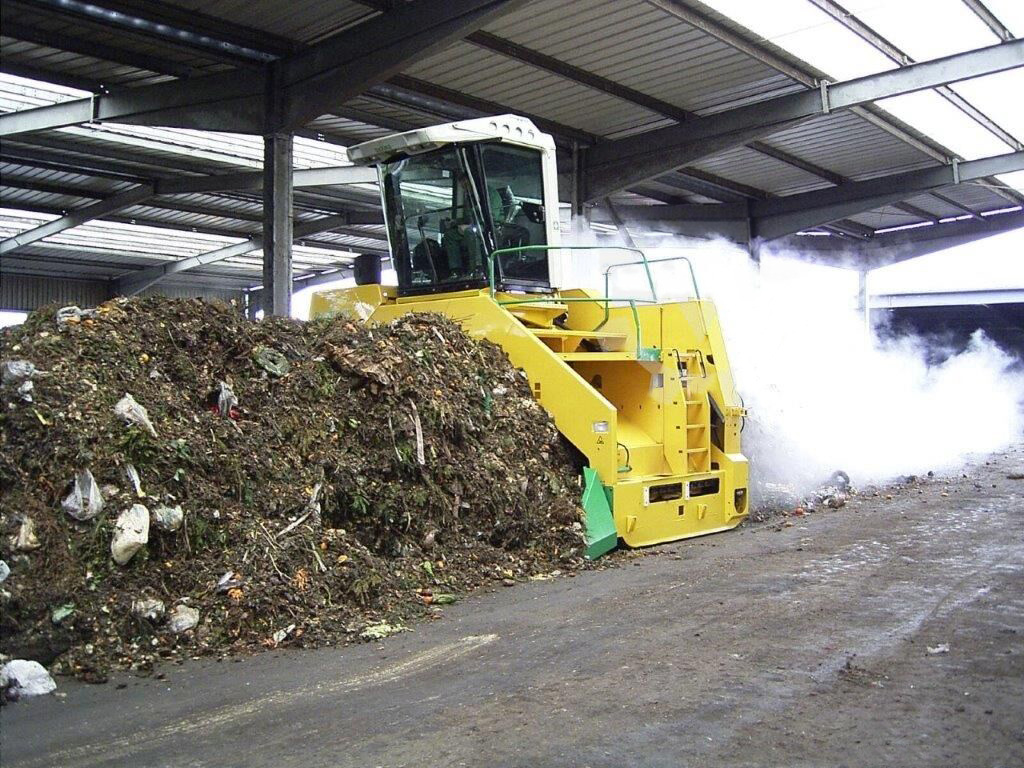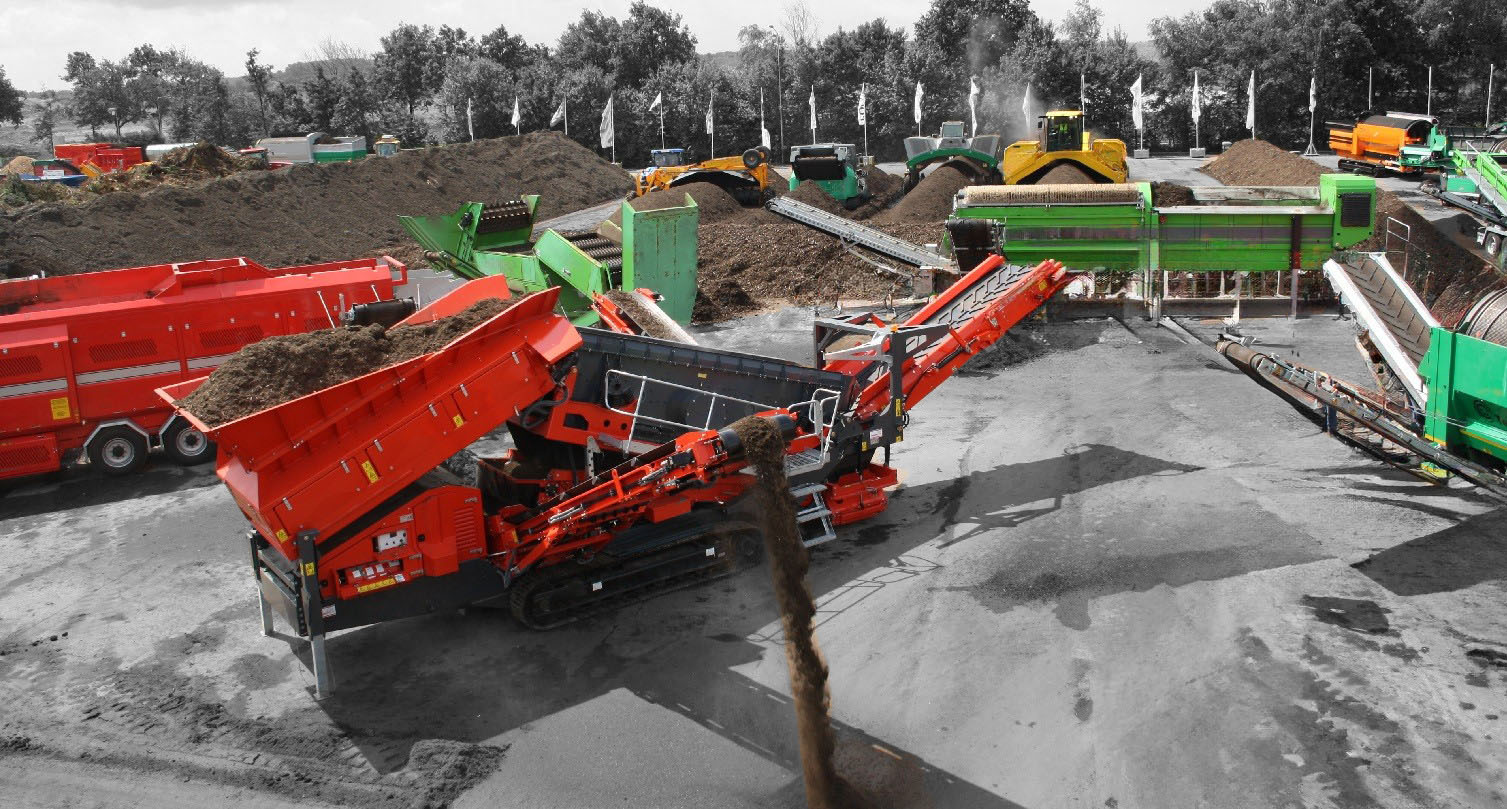RECYCLING EQUIPMENT
What is a Shredder, Grinder, Crusher, Screener, Chipper or Compost Turner? Find out more about these recycling equipment categories below.
BUY EQUIPMENT
✔️ Find your machine here
✔️ More than 200 Listings
✔️ Did not find a machine? Tell us!
✔️ Fast response and assistance
✔️ Recycling equipment expert
SELL EQUIPMENT
✔️ Sell quick, easy, get the best price
✔️ List your machine for free!
✔️ Consign your equipment with us
✔️ Global customer network
✔️ Specialized in recycling equipment
Recycling Equipment EXPLAINED
Recycling equipment plays a crucial role in breaking down and sorting materials for reuse. Crushers, including impact, jaw, and cone types, crush materials into smaller pieces. Screeners, like trommel, drum, star, scalper, inclined, and horizontal screeners, sort materials by size using vibrations. Shredders reduce waste volume at varying speeds. Grinders, including horizontal and tub types, are used primarily in wood processing. Chippers, which range from small to industrial sizes, convert wood waste into wood chips, aiding in waste reduction and resource utilization. See below the different sorts of equipment available.
✅ Crushers:
Crushers break rocks into usable chunks! Used in mining & construction, impact (impact), jaw (squeezing jaws), and cone (rotating cone).
Impact Crushers used to impact rather than use pressure to crush materials. The materials are caged, with openings on the bottom, end, or side of the desired size so pulverized material can escape.
Jaw Crushers have a fixed jaw and a moving jaw pivoted at the top. The rocks are fed into the space between the jaws. As the jaws move, they crush the larger rocks into smaller pieces.
Cone Crushers have a tapered crushing chamber between a fixed cone and a rotating cone. The rock is crushed as it moves between the cones
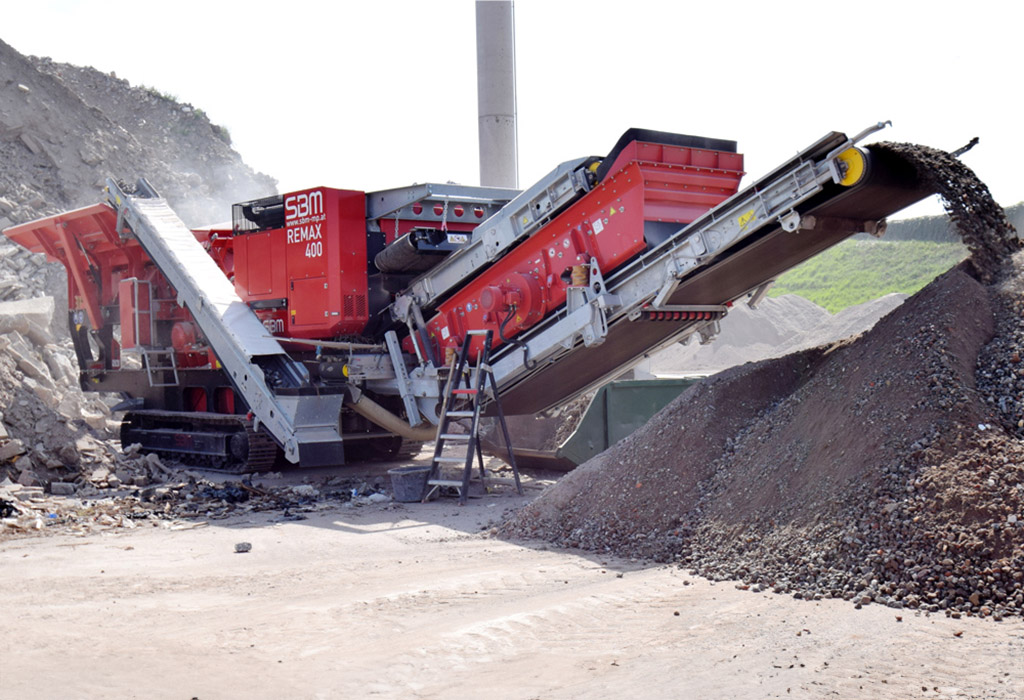
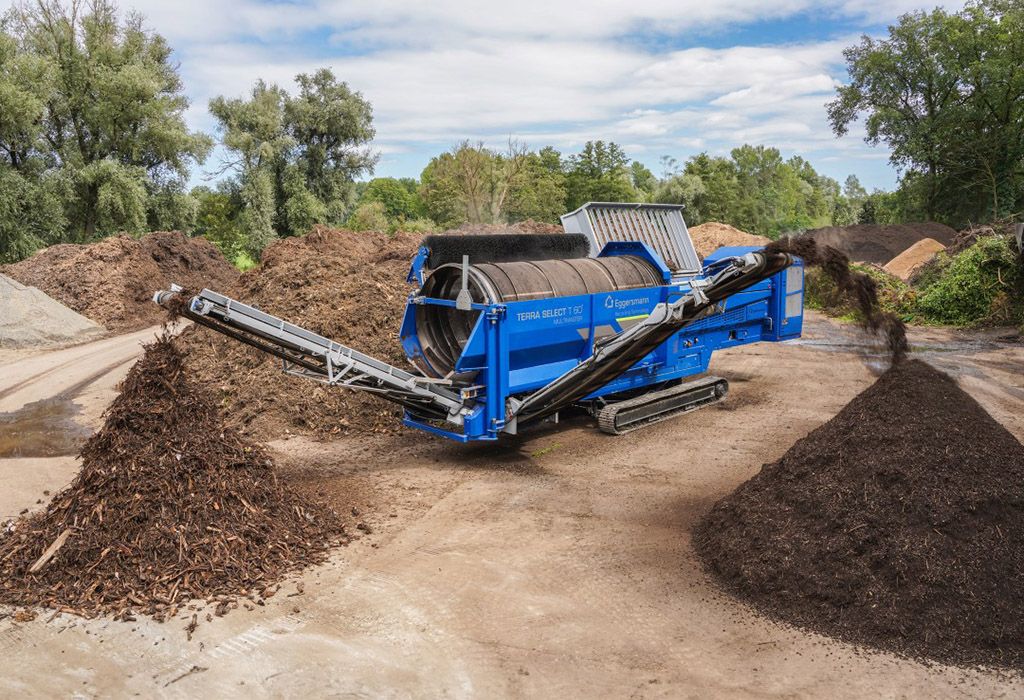
✅ Screeners:
Screening efficiently sorts recyclable materials by size using vibrations, creating high-quality materials and recovering valuables from waste.
Trommel or Drum Screeners consist of a rotating drum with holes from perforated metal/ wire mesh, and are used for separating soil, compost, waste and wood chips. The rotating drum tumbles materials, separating them by size.
Star screens use rows of spinning discs to sift materials. The staggered design and variable speeds allow for precise separation. This makes them ideal for waste and recycling, sorting items like compost, soil, and wood chips from unwanted materials.
✅ Screeners:
Scalper screeners excel in tough applications like recycling, aggregates, & construction. Their large screening area handles high volumes efficiently. Versatile & user-friendly, they offer various screen options.
Inclined Screeners are used for processing aggregates & sand, thanks to their angle that promotes material movement & efficient screening. They boast high capacity & handle various materials and particle sizes.
Horizontal Screeners separate materials horizontally, making them ideal for sticky materials & precise sizing needs. They’re perfect for natural & crushed aggregates, coal, recycled materials, & asphalt.
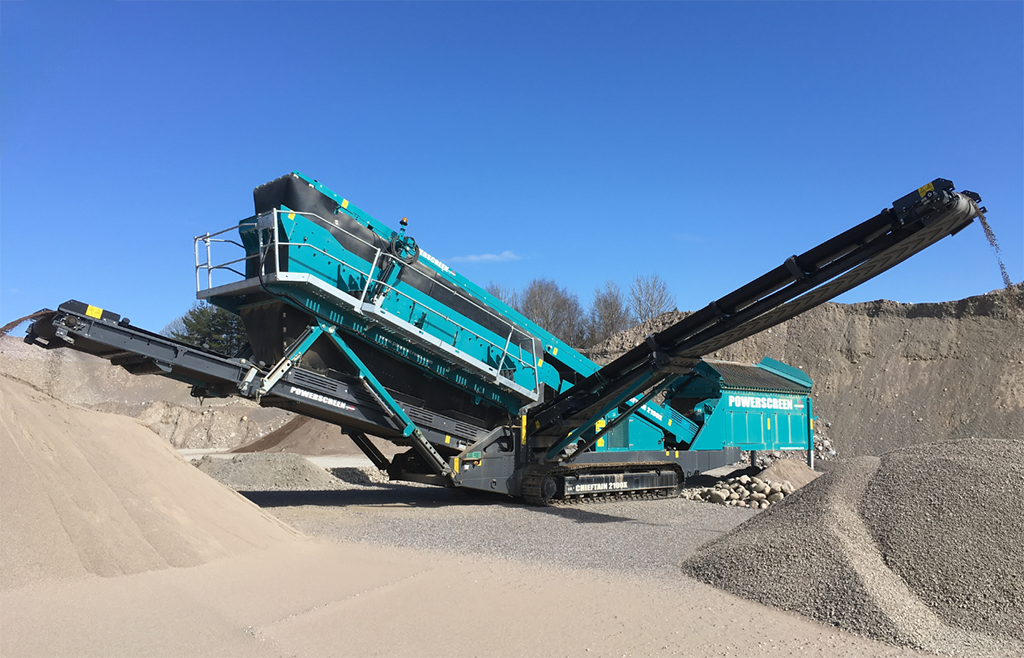
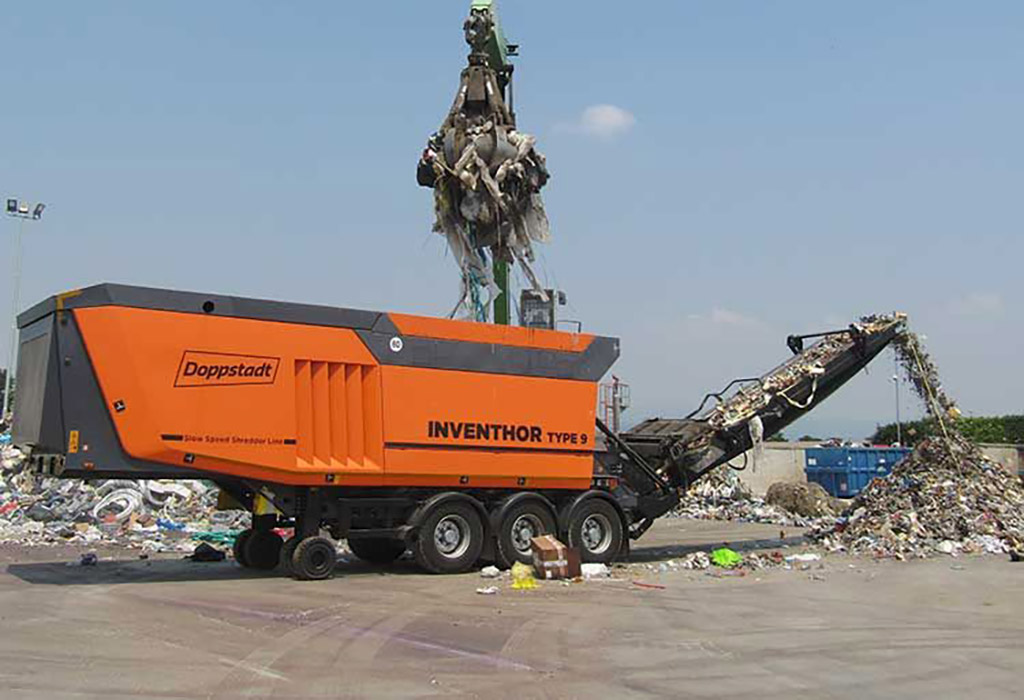
✅ Shredders:
Shredders are valuable for companies improving the efficiency & productivity of their waste materials, therefor reduce environmental impact.
Slow Speed (primary shredders), operate at slow rotational speed. They are used for processing wood, biomass, composting, tire shredding & waste management.
Medium Speed Used to reduce bulky materials into smaller pieces. Their ability to produce controlled product sizes in a single pass is saving time and fuel for owners.
High Speed Efficiently shred materials into smaller pieces. They are used in industrial, commercial, & recycling applications requiring high throughput & rapid size reduction.
✅ Grinders:
Each grinder below has unique advantages for different uses. The best choice depends on factors like feedstock and end product needs.
Horizontal Grinders are a type of heavy-duty grinding machines, being used primarily in wood processing & recycling applications. They are designed to grind large volumes of wood waste, such as logs, branches, stumps, whole trees into smaller pieces or wood chips.
Tub grinders and horizontal grinders both work well for processing loose green waste, but tub grinders might be more efficient for this task. In horizontal grinders, the material is pushed into the drum, whereas tub grinders rely on gravity, resulting in fewer moving parts during operation.
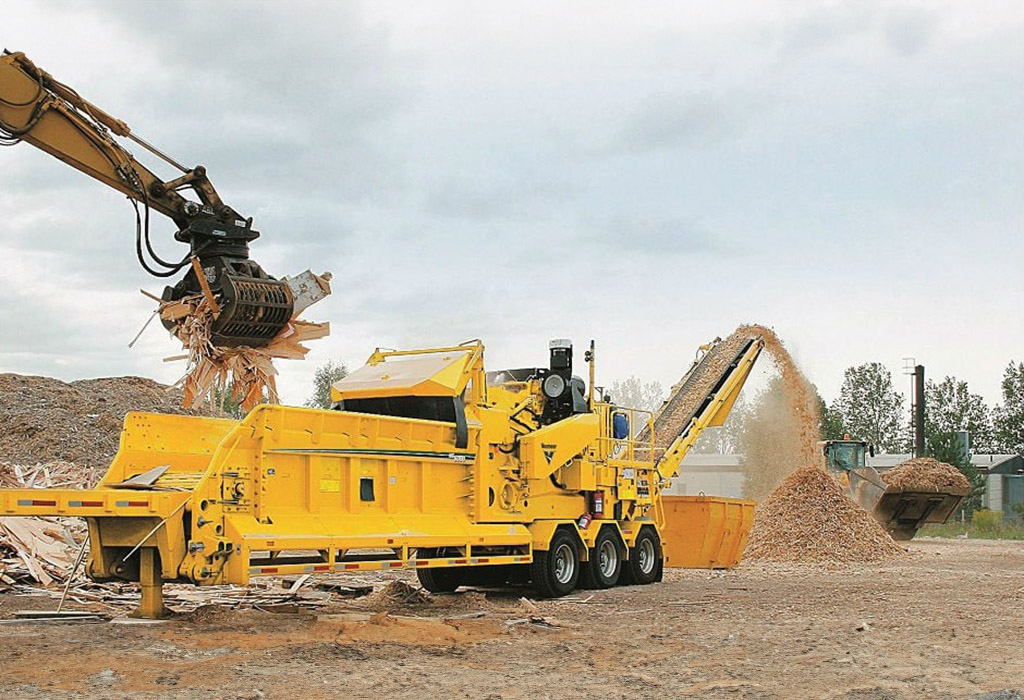
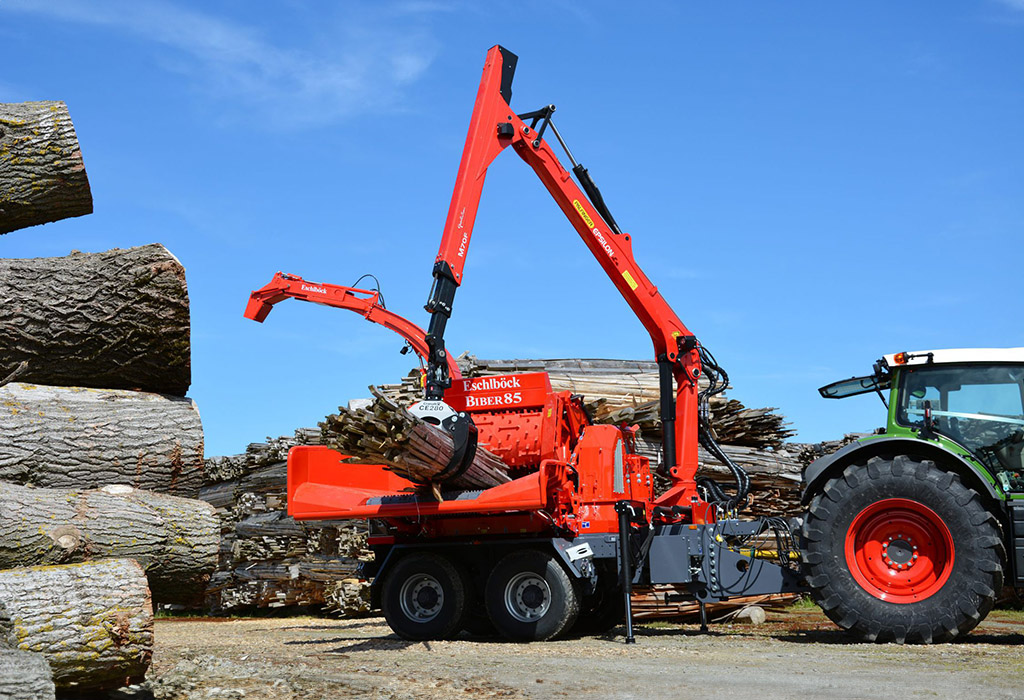
✅ Chippers:
Chippers also known as wood chippers, wood shredders or tree chippers are machines designed to process wood waste into smaller pieces known as wood chips. This can be branches, logs, stumps or whole trees.
Chippers come in various sizes & configurations, ranging from small, portable units for home use to large, industrial machines for commercial applications. Suitable for towing behind a truck or tractor they are either portable or mounted on a frame, powered by its own engine or a PTO (Power take-off).
Chippers help to minimize waste, reduce environmental impact, and maximize the utilization of wood resources. They are used for tasks like clearing brush, branches, processing wood waste for recycling or mulching, & preparing feedstock for biomass energy production.
✅ Compost Turners:
Windrow Turners are designed for the efficient composting of farm yards and food scraps as a compost turner. Compost or Windrow Turners are versatile all-purpose self-propelled machines. They are used in a wide range of composting applications like, green waste, stable manure, food residues, digestate, and empty fruit bunches, remediation of contaminated soils, treatment of sewage sludge or biological drying of municipal waste.
Lane Turners are being used in closed facilities. The main avantage of a lane turner is the treatment of waste, such as the composting of organic waste or the biological drying of household waste, is associated with strong odors. Particularly in densely populated areas, the use of processes inside closed buildings is therefore recommended. Due to the high lane walls, they are particularly suitable for the treatment of sewage sludge or soil remediation. Especially when treating contaminated soil, reinfection of the material can be safely avoided. The Lane Turner travels along the outside of the lanes when turning, the and travels directly on the lane walls.
